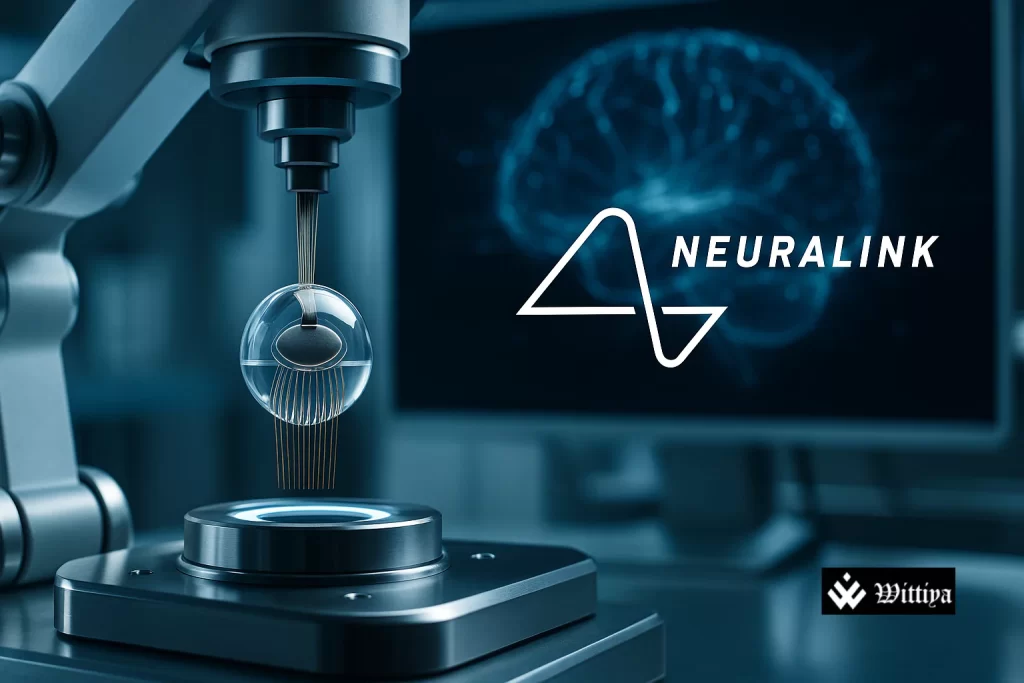Billionaire Elon Musk, after stepping back from political responsibilities, is actively pursuing major funding rounds for his ventures. His artificial intelligence company, xAI Corp., based in the United States, is seeking $5 billion in debt to build infrastructure, while Neuralink, his brain-tech startup, has raised $650 million to advance its brain implant device currently undergoing clinical trials in three countries.
Elon Musk, the billionaire entrepreneur behind Tesla and SpaceX, is shifting his focus back to business as he seeks to raise billions for his artificial intelligence and neurotechnology ventures. Just days after announcing his resignation from the Donald Trump administration and the Department of Government Efficiency (DOGE), Musk is aiming to secure $5 billion in debt funding for his AI firm, xAI Corp., headquartered in the United States.
According to Bloomberg, investment bank Morgan Stanley is leading the debt sale, which includes a mix of floating-rate and fixed-rate loans, as well as senior secured notes. Sources cited in the report say early pricing indicates interest rates around 7 percentage points above the benchmark for the floating-rate loans and yields of approximately 12% on the senior notes. The commitments are expected to close by June 17, and the debt sale has already garnered over $3.5 billion in interest.
xAI Corp., Musk’s artificial intelligence startup, is reportedly planning to use the funds to develop a major AI data center in Memphis, Tennessee. The company declined to comment on the funding process, while Morgan Stanley has yet to respond to inquiries.
In parallel, Musk’s neurotechnology company, Neuralink, which develops brain-computer interface implants, has raised $650 million in new funding. According to Bloomberg and the Financial Times, this includes $300 million raised through the sale of xAI stock in a secondary offering.
Neuralink, also based in the United States, stated that the fresh funding will support the ongoing clinical trials of its implant device in three countries. The implant is designed to translate neural signals into digital commands, allowing people with severe paralysis to control devices using their thoughts. Currently, five patients are reportedly using the technology.
Neuralink stated, “This funding helps us bring our technology to more people — restoring independence for those with unmet medical needs and pushing the boundaries of what’s possible with brain interfaces.”




